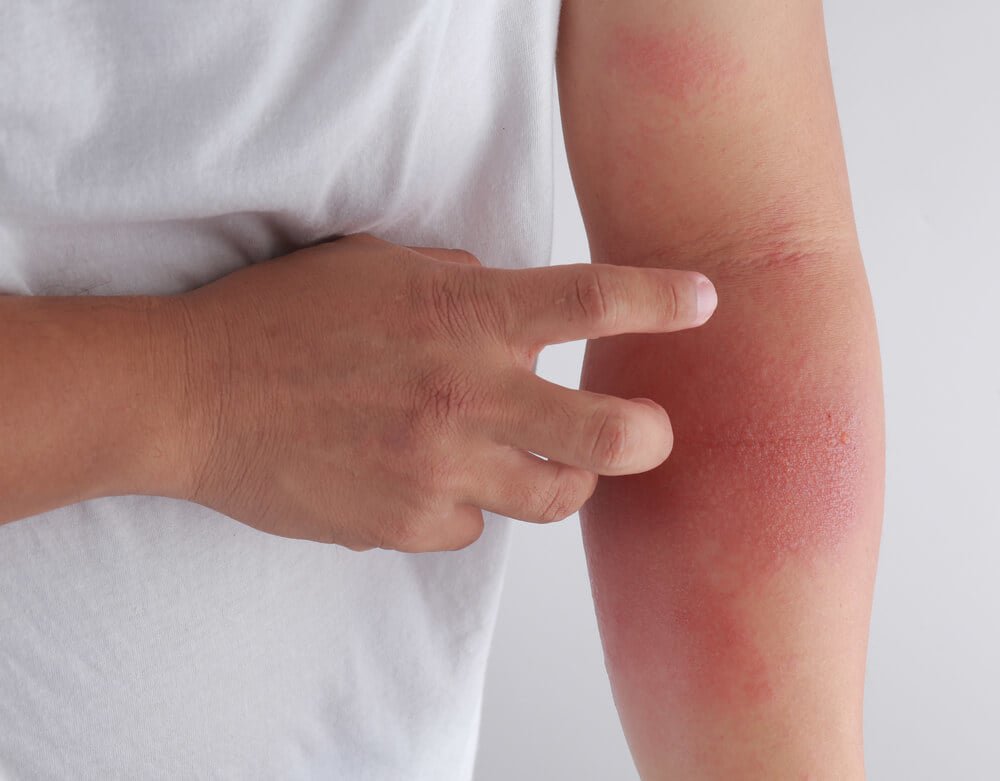Rosuvastatin: Uses, dosages and side effects notes
This is an automatically translated article.
The article was written by Pharmacist Pham Thi Kim Dung - Faculty of Pharmacy - Vinmec Times City International General Hospital
Rosuvastatin, taken with the diet, is a medicine that lowers bad cholesterol (LDL), raises good cholesterol (HDL), and lowers triglycerides (a form of fat in the blood). Rosuvastatin belongs to the group of statin drugs.
1. Effects and uses of Rosuvastatin?
Rosuvastatin is used in the following indications:
Treatment of primary hyperlipidemia: patients with high blood levels including: high total cholesterol, LDL-C, apolipoprotein B, triglycerides and high-density lipoprotein cholesterol. low molecular weight and raised HDL-C in the patient's blood Treatment of elevated blood triglyceride levels Primary dyslipidemia (hyperlipoproteinemia type 3) Treatment in pediatric patients 7 to 17 years of age and adults with hypercholesterolemia Homozygous familial Treatment of 8 to 17 year old pediatric patients with heterozygous familial hypercholesterolemia (HeFH) Other indications:
Slowing the progression of atherosclerosis in adults. Prophylactic treatment reduces the risk of cardiovascular disease: myocardial infarction, shock, and other complications in men ≥ 50 years and women ≥ 60 years with coronary artery disease or just weak risk factors (eg: high blood pressure, low HDL-C, smoking, family history of coronary heart disease)
2. Dosage of the drug Rosuvastatin
General dosage for indications of Rosuvastatin.
Start dose 10 - 20 mg / time / day. Maintenance dose 5-40mg/time/day. Dosage titration to 40 mg is only for patients with severe hypercholesterolemia at high risk of cardiovascular disease (particularly familial hypercholesterolemia), who do not reach the therapeutic target at 20 mg and require frequent monitoring.
Patients should have blood lipid levels measured 2-4 weeks after the initial dose and after each dose change.
Particularly for the treatment of patients with homozygous familial hypercholesterolaemia: Initial dose is 20mg/time/day, the usual dose is in the range of 5-40mg/time/day.
Rosuvastatin dose needs to be adjusted in patients. liver failure, kidney failure and on some patients who are taking some other drugs such as Cyclosporin, Gemfibrozil,...
Rosuvastatin can be taken at any time of the day and does not depend on food.

Rosuvastatin được sử dụng trong bệnh lý mỡ máu
3. Cases of contraindications to the drug Rosuvastatin
Pregnancy and breast-feeding Patients with known allergy to rosuvastatin or any of its ingredients Patients with active liver disease, including unexplained elevated liver enzymes
4. Undesirable effects when taking Rosuvastatin
Common: Dizziness, headache, abdominal pain, constipation, nausea, possibly diabetes in some people (slight increase in HbA1c and fasting blood sugar). Uncommon: Pruritus, rash, urticaria. Rare: Proteinuria, increased liver enzymes, myalgia, myositis, possibly rhabdomyolysis.

Khi dùng Rosuvastatin người bệnh có thể gặp một số tác dụng phụ không mong muốn
5. Notes when taking Rosuvastatin
Patients should be monitored for liver enzymes and creatinine kinase (CK) levels during long-term use of rosuvastatin.
It is necessary to closely monitor for adverse reactions during drug administration. Patients should be asked to report to their doctor immediately any unexplained muscle pain, stiffness, weakness, or cramps, especially if accompanied by fatigue, fever, dark urine, nausea or vomiting during drug use.
Please dial HOTLINE for more information or register for an appointment HERE. Download MyVinmec app to make appointments faster and to manage your bookings easily.
Article reference source:
IBM Micromidex : Rosuvastatin calcium Mims.com: Crestor Drugs.com
IBM Micromidex : Rosuvastatin calcium Mims.com: Crestor Drugs.com
This article is written for readers from Sài Gòn, Hà Nội, Hồ Chí Minh, Phú Quốc, Nha Trang, Hạ Long, Hải Phòng, Đà Nẵng.





